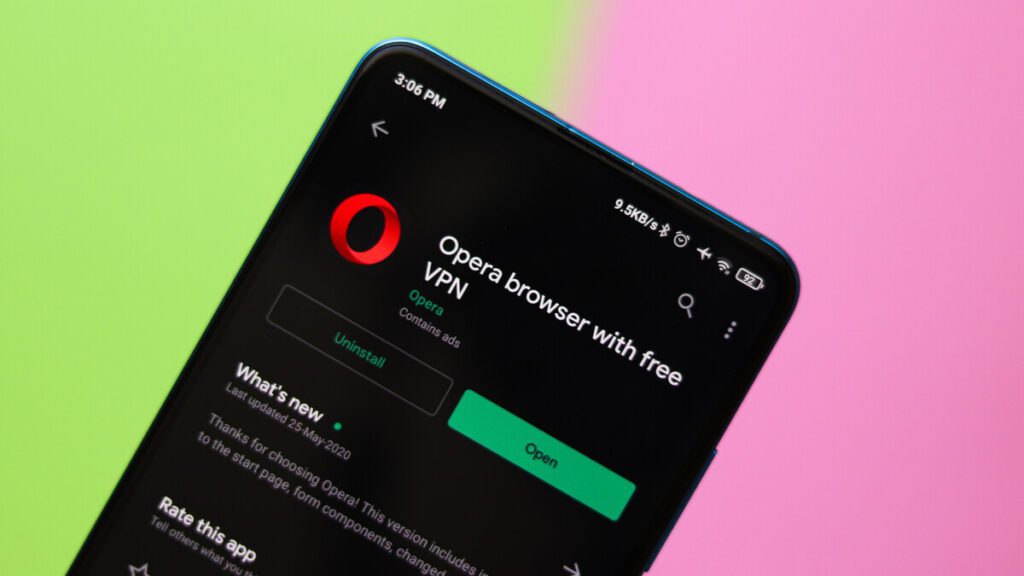
Opera web browser has halted support of its VPN services in Russia late last week, after the country’s telecoms and media regulator Roskomnadzor (RKN) passed new restrictions that hinder its operations.
“In accordance with the regulation on responding to threats to circumvent restrictions on access to child pornography, suicidal, pro-narcotic and other prohibited content, restrictions on the use of VPN services VyprVPN and Opera VPN will be introduced from June 17, 2021,” the state watchdog said in a statement.
Opera’s suspension of support of VPN services in its browsers in Russia is a preventive step that will enable the company to remain committed to the confidentiality and security of users and provide them with the best products, Opera’s PR Manager, Yulia Sindzelorts was quoted as saying to the Russia’s News Agency, TASS.
Sindzelorts also highlighted that the company has already stepped up its efforts to safeguard the privacy and confidentiality of its users by offering a range of services such as anti-tracking, DNS above https, and blocking suspicious websites.
However, RKN described the VPN service as a threat in accordance with the Decree of the Government of the Russian Federation No. 127 dated February 12, adding the restrictions will not affect Russian companies using VPN services in continuous technological processes.
The ban comes a month following the watchdog’s request to various businesses and organizations that use both VPN services to inform the country’s Center for Monitoring and Management of the Public Telecommunications Network in a bid to provide exemptions as to not hamper their operations.
According to RKN’s statement, more than 200 technological processes of 130 Russian companies are included in the “whitelists.”
Earlier in 2019, the Russian government ordered VPN providers, anonymizers, and search engines to block sites that the watchdog’s regularly updated list of barred websites through the Federal State Information System (FSIS).
The order prompted ten providers of virtual private network (VPN) servers – which include NordVPN, Hide My Ass (HMA), Hola VPN, OpenVPN, VyprVPN, ExpressVPN, TorGuard, IPVanish, Kaspersky Secure Connection, and VPN Unlimited – were instructed to connect to the national blocklist.
However, it is worth mentioning that Russian news agency Interfax reported that Kaspersky Lab were the only company to comply, while Avast exited the VPN market in Russia as a whole.